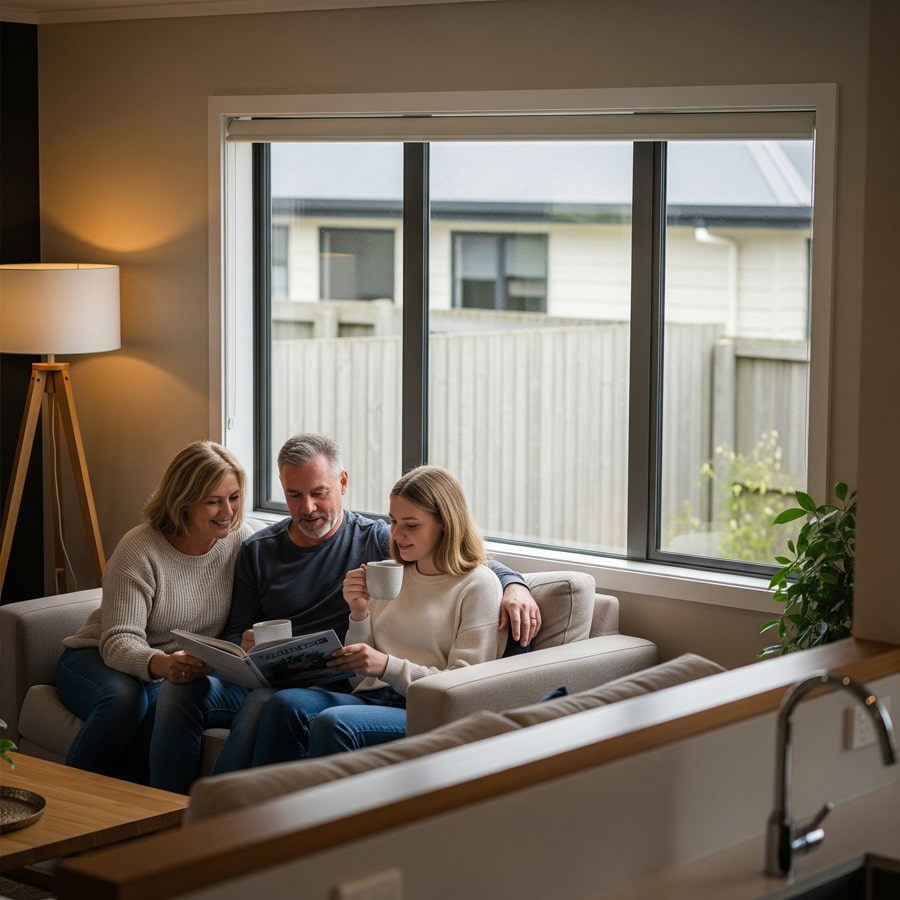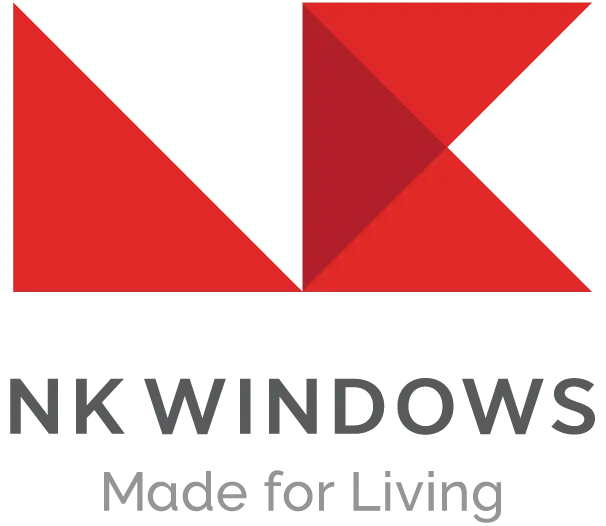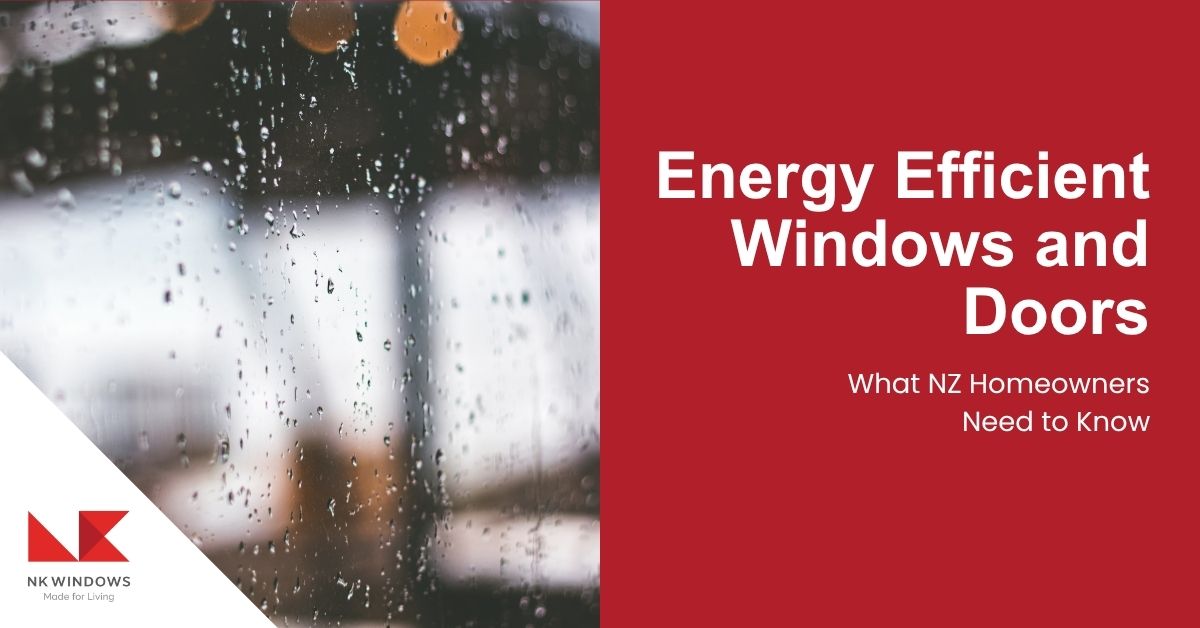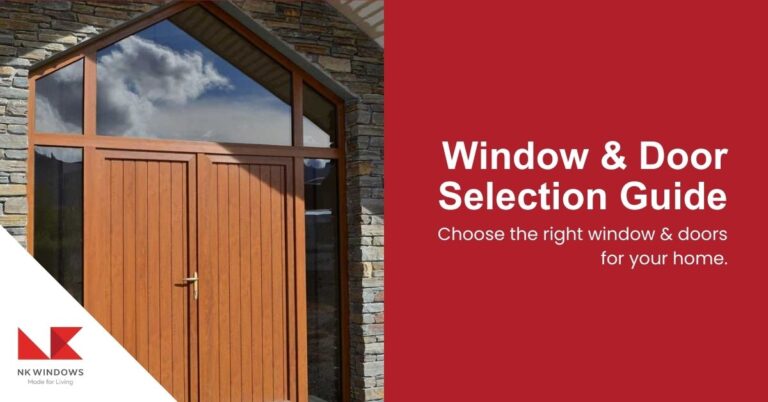Many homeowners upgrade kitchens, bathrooms, or flooring, yet still find their homes cold in winter and hot in summer. The reason often lies in the windows and doors. EECA estimates they account for up to 40 % of heat loss in a typical NZ home, almost half the warmth you pay for leaking outside. Level+1

Are energy efficient windows and doors really worth it?
Research shows the gains are real:
- Double glazing will help reduce heat loss, condensation on the glass and heating and cooling costs. Building.govt.nz
- Double glazing helps to trap air and acts as a thermal break to reduce heat loss WGANZ
- MBIE’s report notes double glazing provides a financial return via energy reductions. Building.govt.nz
For homeowners, this means warmer mornings without condensation on the glass, less reliance on heaters or heat pumps and healthier air to breathe.
Is all double glazing the same?
Not all double glazing delivers the same performance. A basic unit with standard spacers and no Low-E coating will still lose a lot of heat. By contrast, high-performance double glazing can include argon gas fills, Low-E coatings and thermally efficient frame designs, which make a noticeable difference.
uPVC is particularly effective in New Zealand’s climate because it:
- Provides superior insulation compared to aluminium, which is highly conductive
- Stays durable in UV and coastal conditions, without corroding or warping
- Exceeds NZ Building Code H1 standard when paired with modern glazing systems. NZ Windows beats the standard even without LowE or Argon.
What energy efficiency ratings should homeowners look for?
Windows are measured by performance ratings that directly affect how a home feels:
- U-Value (Uw) – how quickly heat is lost (lower is better).
- R-Value (Rwindow) – how well the unit resists heat transfer (higher is better).
- SHGC (Solar Heat Gain Coefficient) – how much solar heat enters through the glass.
What benchmarks should you expect for thermally efficient windows?
New Zealand’s Building Code now requires windows to achieve at least R0.37 to R0.50, depending on your climate zone. As a rule of thumb:
- Aim for R ≥ 0.45 or U ≤ 2.2 W/m²·K for a comfortable, energy-efficient renovation.
- Anything below R0.40 may meet minimums but won’t feel like a true step up in comfort.

How can you tell if your current windows aren’t performing?
You may notice:
- Condensation on the panes in the morning
- Draughts near the frames
- Rooms that never hold heat
- Glass that feels icy in winter or hot to the touch in summer
Beyond discomfort, these signs can have consequences. A damp or cold bedroom increases the risk of illness for babies and children, while elderly family members may struggle with poor sleep or aggravated health conditions. If you find yourself worrying about whether a bedroom is safe or comfortable enough for a loved one to sleep in, your windows may be the weak link.
How long do energy efficient windows and doors last and are they a good investment?
When you upgrade to high-performance windows and doors, you’re making a long-term improvement not a short-term fix. Most quality systems last 20–30 years or more and with regular care such as cleaning, resealing and checking hardware many continue performing well beyond their expected lifespan.
This longevity means you’ll enjoy comfort and efficiency benefits through every stage of life with warmer winters, quieter rooms and a more stable indoor climate year-round.
“We upgraded our windows and doors with NK Windows and that’s definitely the best thing I’ve done to the house. Can’t believe how warm, silent, and secure we feel with these windows and doors installed.”
— Kurt Langer
Homeowners often report similar results. Research from BRANZ supports these experiences, showing that better glazing and insulated joinery lead to warmer, healthier and more comfortable homes benefits that continue to deliver value over decades. BRANZ Build
Why the investment makes sense
- Financial: Power bills are lower year after year, often covering a significant share of the upfront cost over time.
- Health: By reducing dampness and condensation, high-performance systems protect against mould and poor air quality, especially important for babies, children, and older family members who are more vulnerable to cold or damp conditions.
- Comfort: Instead of coping with draughts or overheated rooms, you create a home that feels consistently comfortable in every season.
- Resale: Buyers are increasingly looking for homes that are warm, dry, and efficient. Energy-efficient windows and doors can make your property more appealing on the market.
Think of it as an investment not just in energy savings, but in the day-to-day livability and long-term health of your home. Compared to surface-level upgrades like paint or new carpet, windows and doors transform how a house performs at its core and they keep doing so for decades.
FAQs on Energy Efficient Windows and Doors
Are energy efficient windows and doors worth it in New Zealand?
Yes. Studies from MBIE and BRANZ show they can cut heating demand, reduce condensation and improve indoor comfort. Over time, lower power bills and healthier living conditions usually offset much of the upfront cost.
How long do energy efficient windows and doors last?
High-performance systems typically last 20–30 years or more. With regular care, including cleaning and resealing, they can continue to perform beyond this lifespan.
What makes a window or door energy efficient?
It’s a combination of features:
- Glazing – double or triple with Low-E coatings and argon gas fills.
- Frames – materials like uPVC provide superior insulation compared to aluminium.
- Seals – prevent draughts and moisture.
- Design – features like insulated or thermally improved frames that reduce heat transfer and optimise solar gain.
Is uPVC better than aluminium for energy efficiency?
Yes. uPVC frames are far less conductive than aluminium, which means they hold in more warmth in winter and keep heat out in summer. Paired with modern double glazing, NZ Windows uPVC systems often exceed NZ Building Code H1 standards.
External Resources for Further Reading
https://www.branz.co.nz/pubs/bulletins/bu682-specifying-glazing/
https://www.buildmagazine.org.nz/assets/PDF/Build-145-84-Sustainability-Windows-Can-Now-Star.pdf





